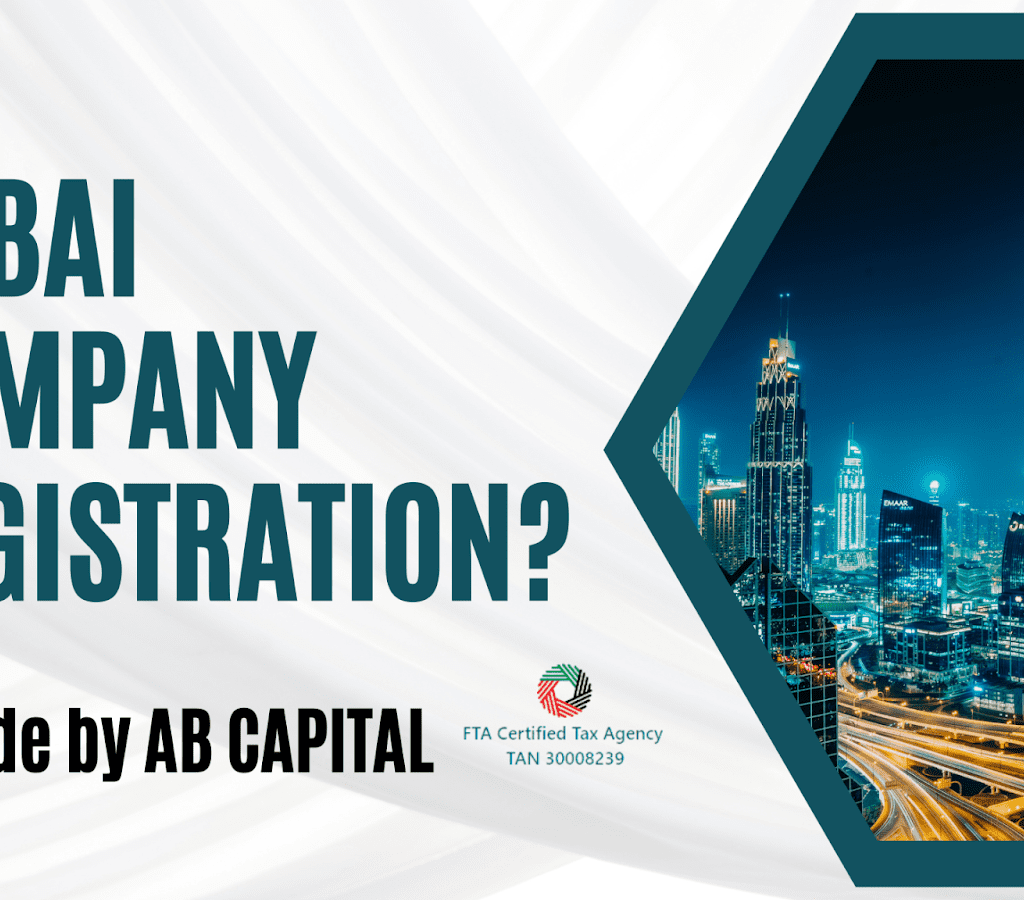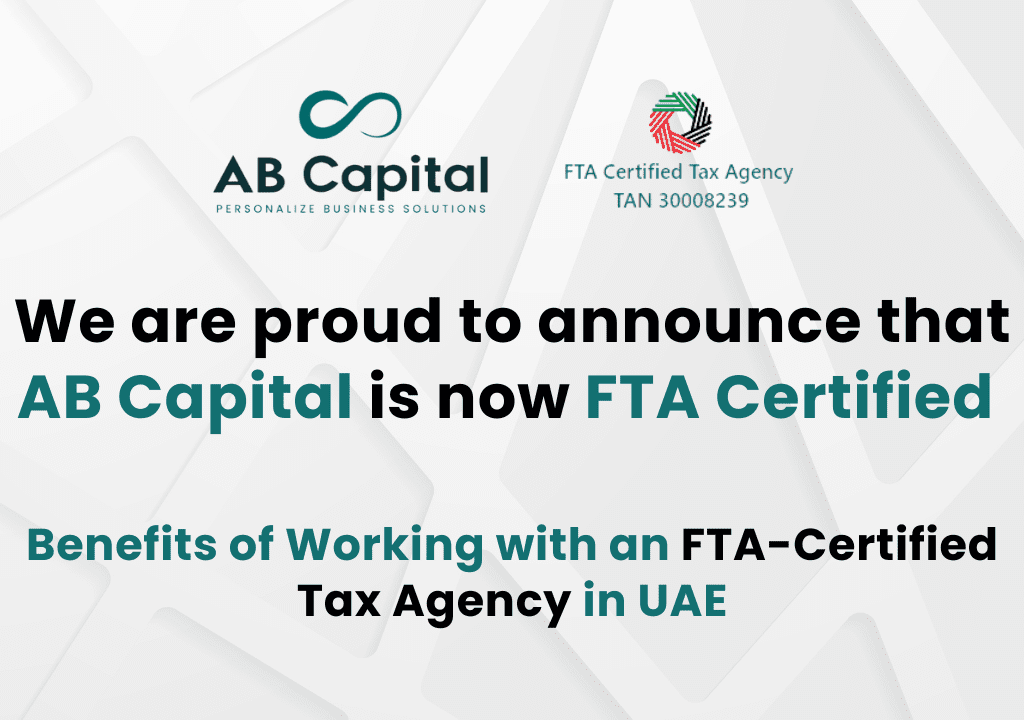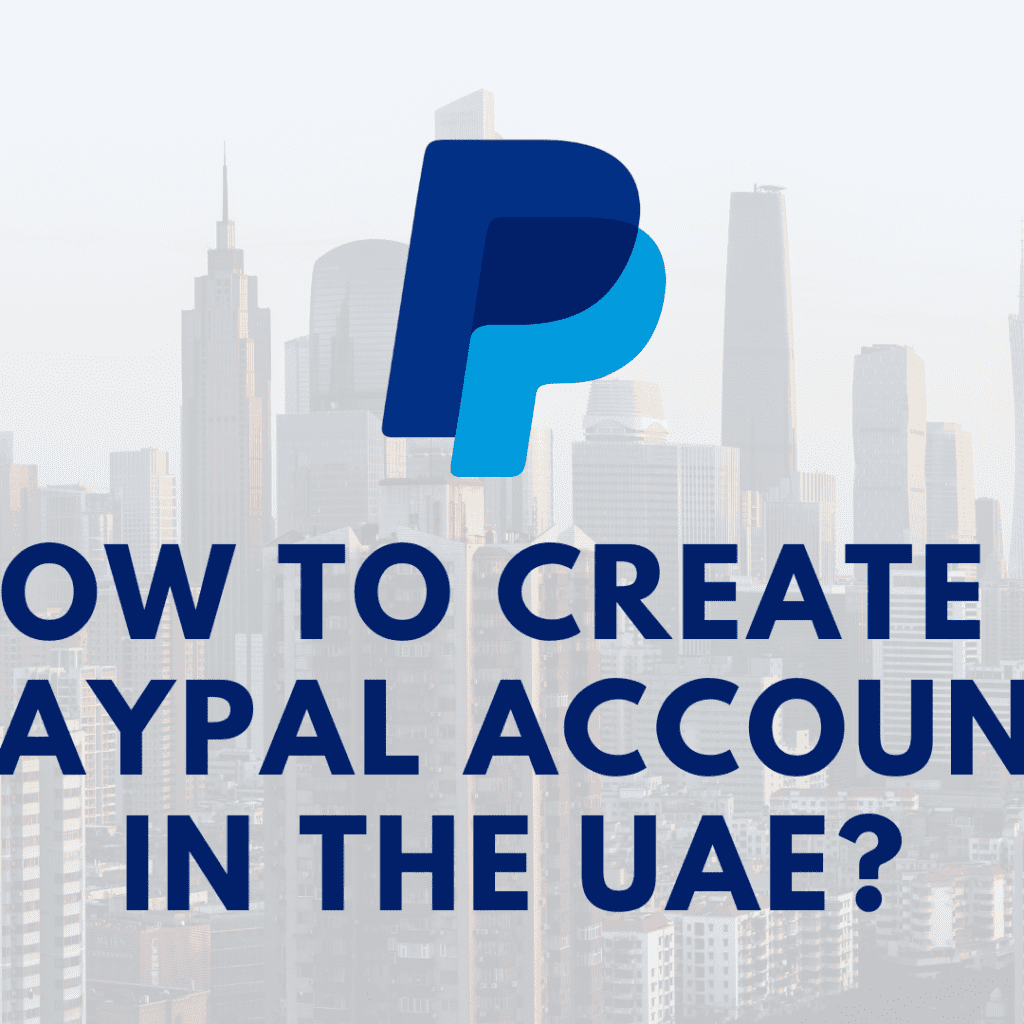Best Time to Start a Business in Dubai: What DWTC’s $3.5 Billion Output Means for You
When is the best time to start a business in Dubai? According to the latest report from the Dubai World Trade Centre (DWTC), there’s no better time than right now. In 2024 alone, DWTC generated over $3.5 billion in economic output, driven by more than 100 large-scale international events and exhibitions. This explosive growth is not just good for Dubai’s economy & it’s a green light for entrepreneurs and investors ready to tap into one of the fastest-growing business ecosystems in the world. Whether you’re a startup founder, global investor, or SME owner, this could be your most strategic window yet. Why 2025 Signals the Best Time to Start a Business in Dubai The DWTC contributed AED 13.04 billion in Gross Value Added (GVA) to the city’s GDP this year, supporting Dubai’s ambition to become a leading global business hub. This massive figure isn’t just economic data & it represents growing demand, international visibility, and robust infrastructure across all sectors. Here’s why this matters: Global decision-makers are here & over 1.5 million business visitors attended DWTC events in 2024. New sectors are booming but from AI and fintech to F&B and healthcare. Dubai’s government is actively supporting foreign investment and SME growth through tax incentives and full foreign ownership. If you’ve been waiting for the best time to start a business in Dubai, the signal is clear & it’s now. What DWTC’s Economic Impact Means for You as an Entrepreneur The Dubai World Trade Centre is the heart of the city’s business engine. By hosting world-class expos like GITEX Global, Gulfood, Arab Health, and Big 5 Global, DWTC helps drive demand, attract talent, and spotlight new business opportunities. So how does this help you? Greater visibility: Set up in Dubai and access thousands of business-ready leads through events. Investor access: Capital is flowing into the region — particularly into businesses that align with Dubai’s future economy. Networking power: B2B matchmaking at DWTC events can give your startup months of traction in just days. That’s why so many founders and investors agree: this is the best time to start a business in Dubai. Key Sectors Thriving in 2025 If you’re still deciding what business to launch, let Dubai’s top-performing industries guide you. These are the sectors that benefited most from DWTC events this year: Technology & AI – via GITEX Global Healthcare & Medical Devices – via Arab Health Food & Beverage Trade – via Gulfood Construction & Infrastructure – via Big 5 Global Digital & E-commerce Platforms Each of these sectors is backed by Dubai’s government through licensing initiatives, startup incentives, and streamlined company setup. Also, check out Top 10 Business Ideas with Minimum Investment to Start Business in Dubai Why the UAE Is the Right Place for Foreign Business Owners Still on the fence? Here’s why this truly is the best time to start a business in Dubai: 100% foreign ownership in mainland and free zone companies Zero personal income tax 9% corporate tax only above AED 375,000 Access to emerging markets in GCC, Africa, and Asia World-class infrastructure, safety, and lifestyle Visa and residency options for founders and their families And most importantly, the UAE makes it easy to do business. You can set up remotely and operate globally, all from Dubai. Set Up Your Company the Right Way with AB Capital Services When the economy is this active, you don’t want to waste time or money figuring things out alone. That’s where AB Capital Services comes in. We help investors, entrepreneurs, and remote founders start strong, stay compliant, and scale with confidence. Our services include: Mainland and free zone business setup Company setup with full foreign ownership Fast bank account opening in just 3 working days Investor and partner visas Corporate tax setup and planning Legal guidance, documentation, and renewals Whether you’re building an e-commerce brand, consultancy, or trading company, you don’t need to worry as we’ll guide you every step of the way. Ready to start? You can launch your business from just AED 5,750*. Final Thoughts The numbers don’t lie. With over $3.5 billion in economic output, Dubai’s business landscape has never been stronger. The momentum created by DWTC’s world-class events confirms that this is the best time to start a business in Dubai that too with real market demand, supportive policy, and unmatched opportunity. If you’re ready to take action, make sure you build your company the smart way — structured, compliant, and investor-ready from day one. FAQs: Best Time to Start a Business in Dubai 1. Why is 2025 the best time to start a business in Dubai? Thanks to DWTC’s $3.5 billion economic impact, investor demand, and expanding industries, Dubai offers unmatched conditions for new business owners right now. 2. What is the minimum cost to start a business in Dubai? With AB Capital Services, you can start from AED 5,750*, which includes your business license and visa. 3. Do I need to live in Dubai to open a company? No. You can set up remotely and apply for residency later. Many international founders run UAE companies from abroad. 4. How fast can I open a bank account for my business? With the right structure, AB Capital can help you open a corporate bank account within 3 business days. 5. What industries are most profitable in Dubai in 2025? Top sectors include tech, F&B, healthcare, construction, and e-commerce — all boosted by major DWTC events.
Best Time to Start a Business in Dubai: What DWTC’s $3.5 Billion Output Means for You Read More »













